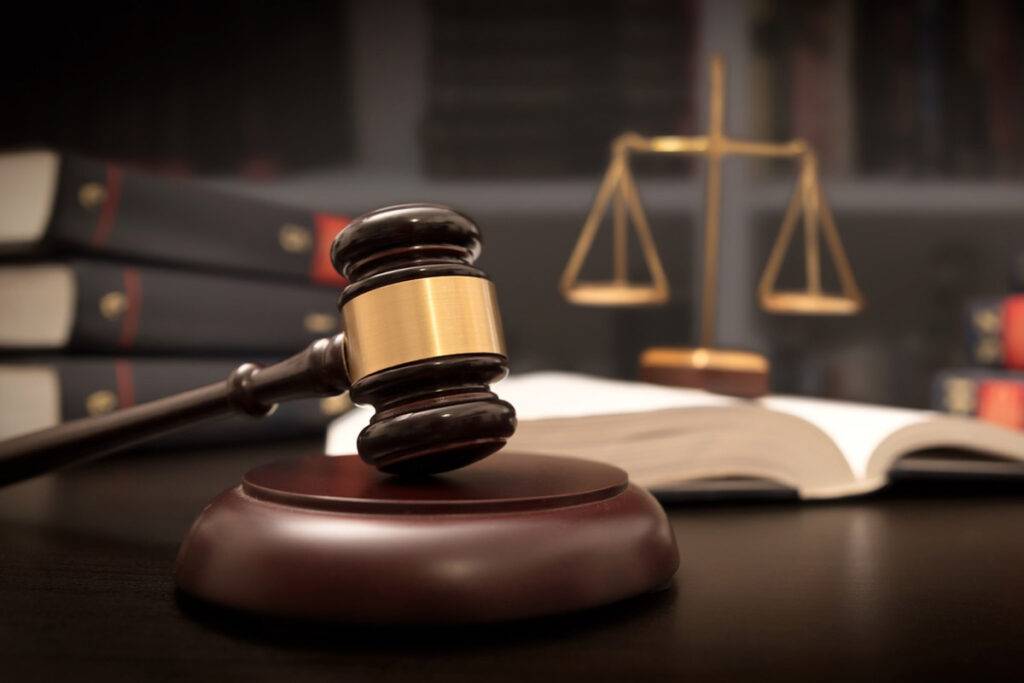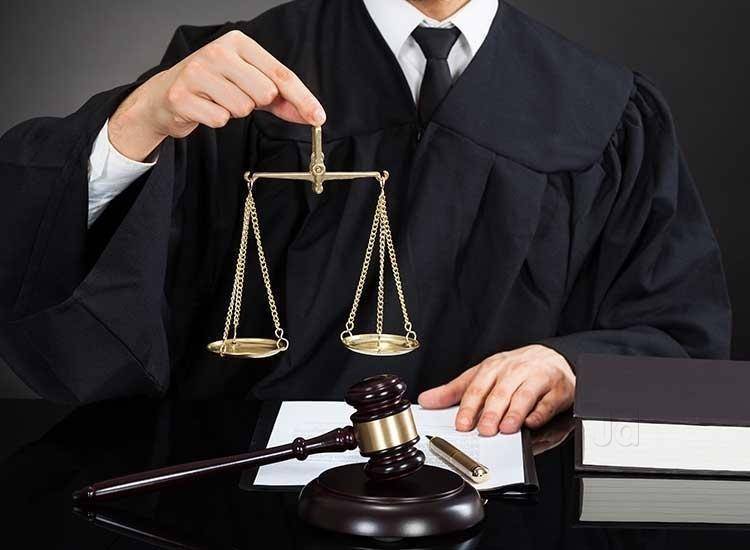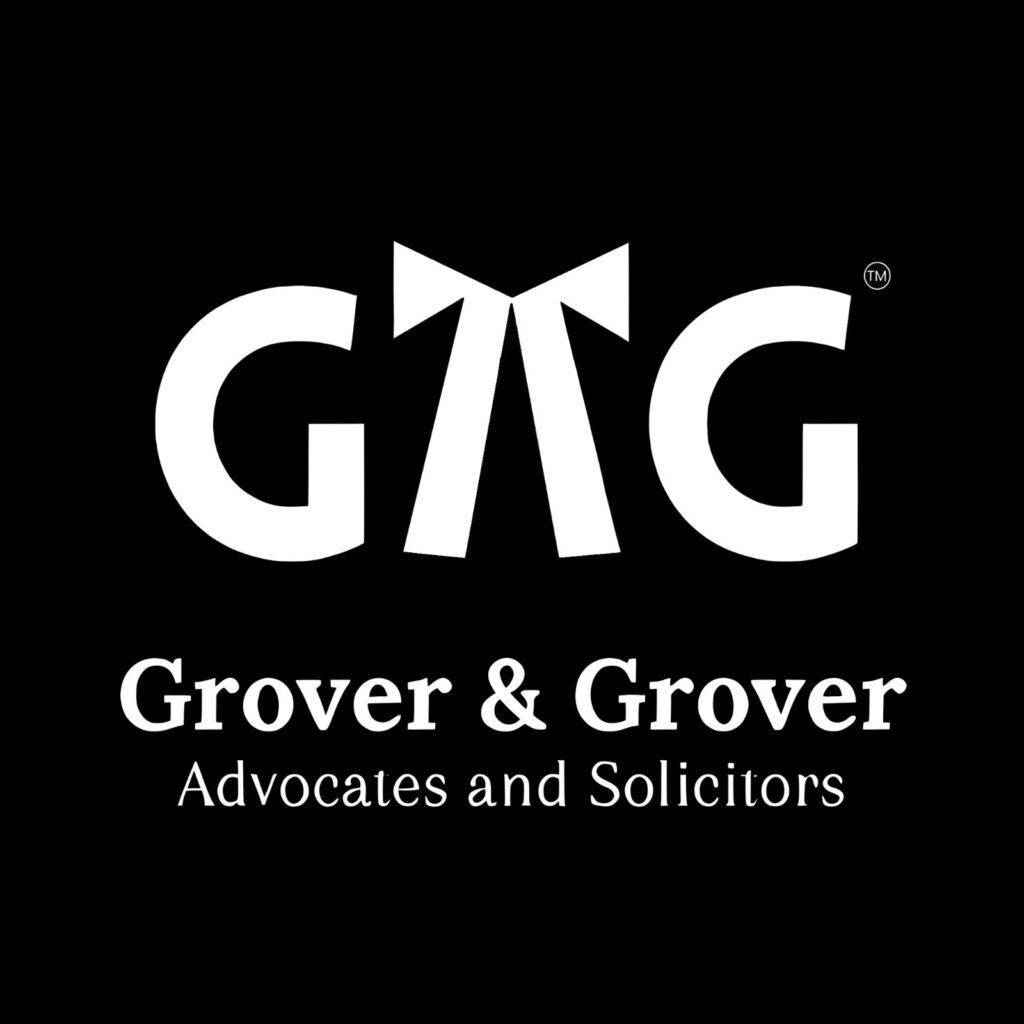
GAG LAWYERS -
GROVER & GROVER ADVOCATES

GAG LAWYERS -
GROVER & GROVER ADVOCATES

Mediation and Arbitration Lawyer, Mediation is a process of dispute resolution in which an impartial third-party mediator assists two or more parties to reach a mutually acceptable agreement. This process helps the parties resolve their disputes without resorting to litigation or arbitration. It is often used in family disputes, business negotiations, and other areas of civil law. The mediator works with both sides to identify common interests, explore possible solutions, and develop strategies for reaching an agreement that all parties can accept. Mediation offers an effective alternative to the costly and time-consuming court system.
Arbitration is a form of alternative dispute resolution (ADR) that is used to settle disputes between two or more parties. It is a voluntary process that involves the parties in dispute appointing an independent arbitrator who will listen to their arguments and make a decision on the matter. The arbitrator’s decision is legally binding and can be enforced by a court of law. Arbitration can be used in many different types of disputes, including those involving contracts, civil rights, family matters, business disputes, and personal injury claims.
Mediation & Arbitration Lawyer_Grover & Grover Advocates
Mediation and arbitration are two methods of alternative dispute resolution (ADR) that can be used to resolve disputes without going to court. Mediation is a voluntary process in which an impartial third-party mediator helps the parties involved reach a mutually acceptable agreement. Arbitration is a more formal process in which an arbitrator hears evidence from both sides and then renders a binding decision. Both mediation and arbitration are designed to provide an effective, efficient, and cost-effective way for parties to resolve their disputes without having to go through the lengthy and expensive process of litigation.

Mediation and arbitration are two forms of alternative dispute resolution (ADR) that can be used to settle disputes without going to court. Both processes involve an impartial third party who assists the parties in reaching a mutually acceptable agreement. The main difference between mediation and arbitration is that mediation is a voluntary process, while arbitration is a binding decision made by an arbitrator. Additionally, mediation focuses on finding common ground between parties, while arbitration involves making a decision based on the evidence presented.
Mediation and arbitration are two different forms of dispute resolution. While they both involve a third party to help resolve a dispute, there are distinct differences between the two. Mediation is a process where an impartial mediator helps the parties involved in the dispute come to an agreement without any form of judgement or decision-making.
Mediation & Arbitration Lawyer - Grover & Grover Advocates
In contrast, arbitration is a legal process in which an arbitrator makes a binding decision on the outcome of the dispute after hearing both sides of the argument. Both methods can be used to resolve disputes outside of court, but it is important to understand how each one works before choosing which one is best for your situation.
Mediation is a process of negotiation in which an impartial third party helps parties reach an agreement. The mediation process usually lasts at least three hours and involves making sure the parties are comfortable with what they are discussing before going any further. In order for mediation to take place, it must be voluntary on both sides, and all key stakeholders must agree on the process. The mediator’s main function is to facilitate conversation between the two parties, taking notes as needed to capture important information and assisting both sides with decision-making processes. Mediation is used mainly in personal relationships or business disputes that affect families or teams.
In cases where mediation is used, the parties involved in the dispute work with a trained third party to find mutually beneficial solutions. Mediation is not a substitute for appropriate legal action but rather a process that can bring parties closer to resolution. In mediation, a neutral person, called a mediator, works with both parties to help them reach an agreement. The mediator helps the parties narrow down the issues they have and come up with mutually beneficial solutions that they can both live with. Mediators also work to help avoid costly legal action by bringing the parties closer to a resolution.

Mediation and arbitration are two forms of alternative dispute resolution (ADR) that can be used to resolve disputes without going to court. Both processes involve a neutral third party who helps the parties involved in the dispute come to an agreement. Mediation is a more informal process, while arbitration is more formal and binding.
The benefits of using mediation and arbitration to resolve disputes include having a more cost-effective, faster, and less confrontational solution than going through the court system. Additionally, mediation and arbitration allow for greater flexibility in terms of the outcome of the dispute as they enable parties to negotiate their own settlement terms. This can often lead to an outcome that both sides find acceptable without having to compromise on their interests or values.
Mediation & Arbitration Lawyer - Grover & Grover Advocates
Mediation has to be considered from a different point of view. Mediation can be considered advantageous in some cases, but not in others. A disadvantage of mediation is that you cannot obtain a decision made by the mediator if there is disagreement on the terms of dispute resolution. Another disadvantage of mediation is the extra cost associated with it because the mediator charges on an hourly basis depending on their expertise and experience level.
Finally, one can argue that arbitration would offer more flexibility than mediation because parties are able to negotiate their own settlement terms as opposed to mediation, which forces parties into submission due to a lack of negotiation power or opportunity before reaching a final agreement.
On the other hand, arbitration does not offer the degree of flexibility that one may be looking for if the parties are seeking to negotiate a settlement outside of traditional mediation. So although arbitration can provide more flexibility than mediation in the sense that parties have more opportunity to negotiate terms, it is still limited when compared to negotiation on both sides.
Mediation and arbitration are two of the most common methods used to resolve disputes. They offer many advantages over traditional litigation, such as cost savings, speed, privacy, and flexibility. Mediation is a process in which a neutral third-party mediator helps parties to a dispute come to an agreement that is acceptable to both sides. Arbitration is similar but involves an arbitrator making a binding decision on the matter at hand. Both methods provide an effective way of resolving disputes without going through costly and time-consuming court proceedings.

Mediation and arbitration are two of the most common forms of alternative dispute resolution (ADR). Mediation and arbitration lawyers play an important role in these processes, as they provide legal counsel and advice to the parties involved in the dispute. Mediation and arbitration lawyers help them understand the process, their rights and obligations, and any potential risks or outcomes. Mediation and arbitration lawyers also help negotiate settlements between parties and ensure that all agreements are legally binding. By providing their expertise, mediation and arbitration lawyers help ensure that mediation and arbitration proceedings are conducted fairly and effectively.
Mediation is a process in which the disputing parties meet with the assistance of a neutral mediator to try and find a mutually acceptable resolution to their dispute. For example, if two people are planning a joint venture but one person has reservations, a mediation and arbitration lawyer can mediate and attempt to come up with an agreement that both parties are comfortable with. Mediators can also help prevent or resolve conflicts and disputes before they arise by facilitating communication between employees or within organisations.
Mediation is generally seen as a voluntary process with the goal of achieving a mutually agreeable outcome, but it can also be used to resolve disputes when faced with a legal requirement or where violence is threatened. Sources Mediation can generally be broken down into two types: those that are voluntary and those that are compulsory.
Mediation agreements in cases of potential or actual conflicts are often mediated by attorneys and completed without the need for any judicial involvement, although they may require court approval in some areas.
Mediation agreements in cases of potential or actual conflicts are often mediated by attorneys and completed without the need for any judicial involvement, although they may require court approval in some areas. In cases where mediation is not an option, such as when conflict has become too violent or there is an imminent risk of violence, the police are called in and the case is investigated by law enforcement. The police have been in contact but have thus far not pressed charges.

Mediation and arbitration are two important forms of dispute resolution. In order to ensure that the process runs smoothly, it is important to have the right documents in place. This article will discuss the various documents that are required for mediation and arbitration, including contracts, affidavits, and other legal documents. Additionally, this article will discuss how these documents can be used in the mediation and arbitration processes to ensure a successful outcome.
Mandatory Contract for Mediation and Arbitration Under the Federal Rules of Civil Procedure, the parties must enter into a written contract for mediation and arbitration.
This document outlines how the parties expect to resolve their dispute. The contract also describes who will do what, with whom they will meet, how long it will take to complete the mediation or arbitration process, and any other key details. The contract can be signed by both parties (or their representative) in front of an attorney or a notary public if necessary.
The Federal Rules of Civil Procedure are as follows: FRCP 6: The parties may sign the contract in front of an attorney or a notary public. FRCP 6(d)(2): A party may not be required to testify about or explain the terms of a contract.
FRCP 6(e)(1): If a party fails to sign a written instrument, that party waives any claim arising from or relating to that signed instrument. FRCP 7: If an unsigned written contract is subject to dispute, the court may take any action authorised by law for that purpose.
Notarization is the process of signing a document before a notary public who has been commissioned by the state to act on behalf of that state. Notarization is the process of signing a document before a notary public who has been commissioned by the state to act on behalf of that state.

Grover & Grover, Advocates and Solicitors, is a law firm that specialises in assisting clients with mediation and arbitration. By leveraging their expertise in the field of dispute resolution, they are able to provide clients with the necessary legal advice and representation to help them achieve a successful outcome. With their experience in mediation and arbitration, they are able to provide strategic advice on how best to approach disputes as well as assistance throughout the entire process. In addition, they can also help by facilitating negotiations between parties in order to reach a mutually beneficial agreement.
The decision to mediate a dispute is often best made when the parties have already tried and failed to reach an agreement. Mediation is also beneficial when there are many issues at stake, such as land disputes, or if one party does not have the means to hire a private attorney. The process of mediation allows for negotiation on issues that were previously decided by a judge or provides assistance in reaching an arbitration award. If both parties agree, they can sign an agreement that will detail the terms of mediation before it begins and how the mediation process will be conducted.
There are many forms of mediation available, including: Mutual Mediation. This is the process of both parties reaching an agreement and signing a written contract. The mediator will ideally help both parties understand each other’s perspectives and reach a settlement that is mutually beneficial to both parties. Joint Mediation: This happens when one party wants to mediate on behalf of themselves but has another party agree to be the other side in order to create an agreement between the two parties.
This can sometimes cause a conflict if the opposing party does not feel comfortable or believes that they are at risk of being taken advantage of, but this can be resolved by recording conversations through audio and video recording devices. Confidentiality In most cases, privacy laws prohibit the release of records of a person’s medical history or other information that could result in discrimination or embarrassment. If a private medical provider suspects that they are being contacted by an impersonator, they should contact local law enforcement immediately.

Mediation and arbitration are two of the most popular methods of dispute resolution in the legal system. In recent years, the Supreme Court and High Courts have taken up a number of cases related to mediation and arbitration. These cases have shed light on how these alternative dispute resolution methods can be used to resolve disputes quickly, efficiently, and cost-effectively. In this article, we will take a look at some of the most popular cases that were heard by the Supreme Court and High Courts in relation to mediation and arbitration.
In 2002, a government agency serving the State of Illinois brought an action in the United States District Court for the Northern District of Illinois against a company, seeking to impose a penalty on it for failure to obtain state permits. The company claimed that it believed that these permits did not need to be obtained and filed suit against the state, claiming that its actions were protected by the Constitution’s Contracts Clause and also violated its due process rights.
In “National Broadcasting Company v. FCC”, then-Chief Justice William Rehnquist rejected both parties’ arguments, allowing the FCC to proceed with its decision. “Hustler Magazine v. Falwell” was an American case on the right to free speech. Larry Flynt, publisher of “Hustler Magazine”, published a parody issue that claimed that Reverend Jerry Falwell was addicted to sex and had been caught in public acts of sexual perversion by a male prostitute and his wife. That issue also contained an advertisement for “The Private Parts Scandal: The Jerry Falwell Story”.
Reverend Falwell claimed libel and invasion of privacy, but he lost at the trial level. On appeal, the case reached the Supreme Court, where the justices held that the First Amendment does not provide a person with a right not to be offended. Justices Douglas and Brennan concurred, but Justice Brennan also added the opinion that “the right of freedom of expression is often controversial and, in certain contexts, almost certainly will be so.” The court thus found that Falwell’s lawsuit was without merit and reversed it. The case is important because it confirmed that truth is not an absolute defence against libel, even when it comes to satire.